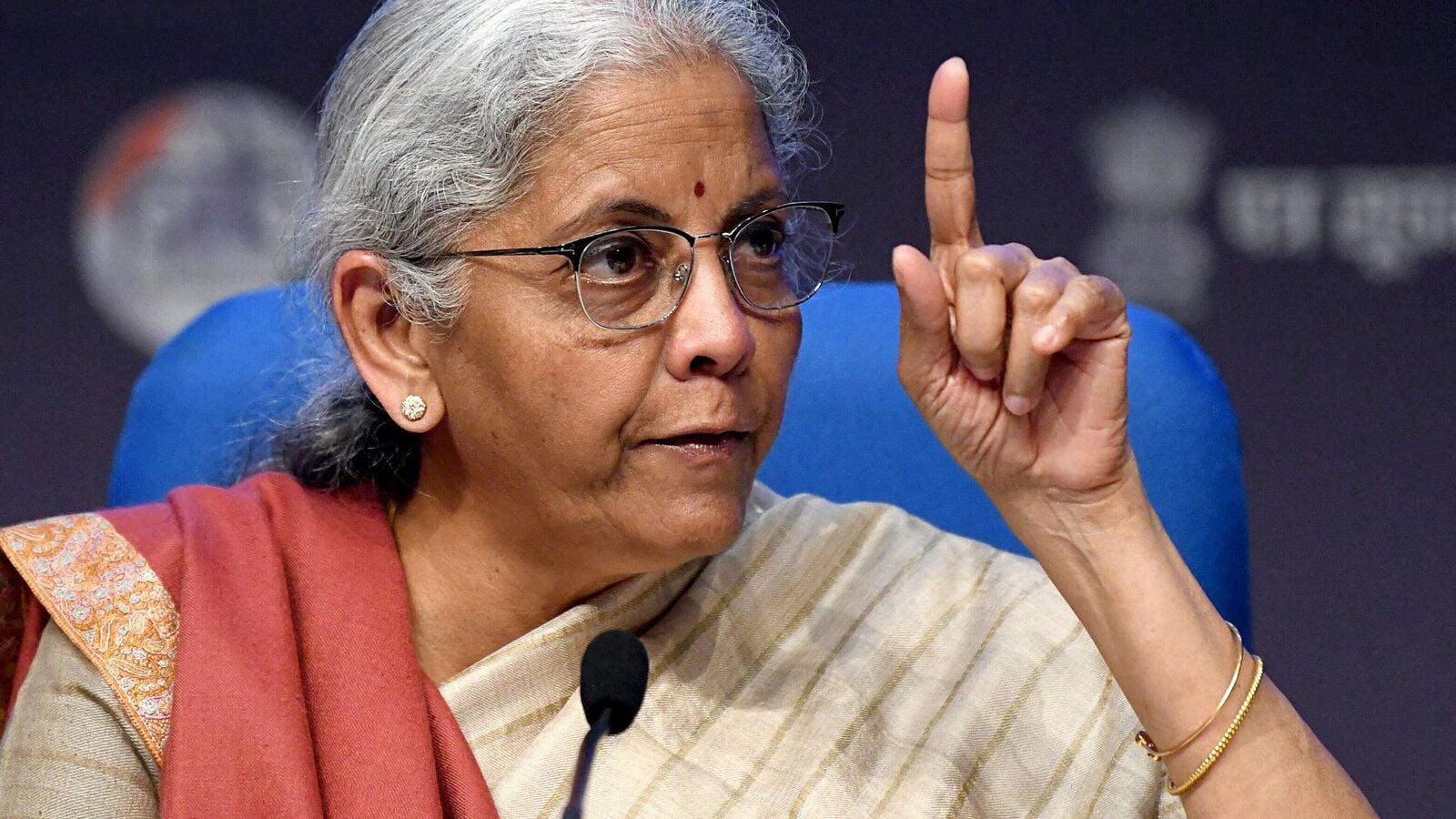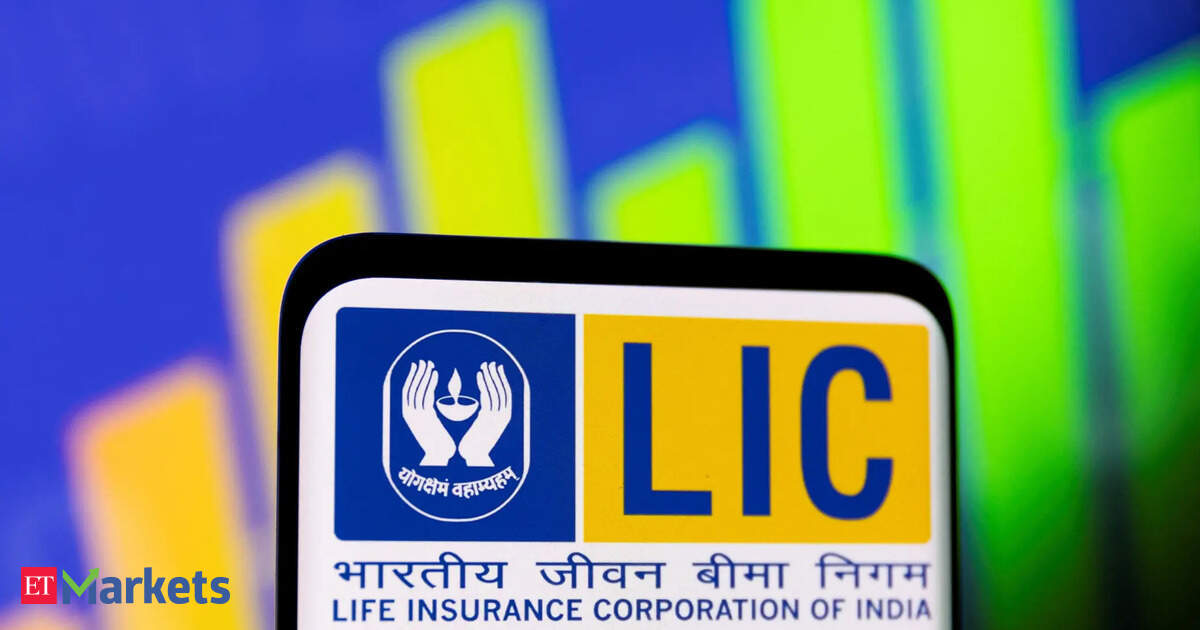New Lancet report warns of rising risks to adolescent health worldwide, urging immediate action to address violence, mental health, and climate threats.

- Adolescents comprise 24% of the world’s population but receive only 2.4% of global development and health funding
- Mental health issues, gender-based violence, climate change, and online harm are among the growing challenges faced by today’s youth
- Experts urge governments to invest in youth-friendly policies, inclusive health services, and meaningful partnerships with adolescents
A groundbreaking report released by The Lancet in collaboration with the Murdoch Children’s Research Institute (MCRI) has raised urgent concerns about the health and well-being of the world’s two billion adolescents. Despite making up nearly 24% of the global population, adolescents receive just 2.4% of international development and health funding (1✔ ✔Trusted Source
A call to action: the second Lancet Commission on adolescent health and wellbeingGo to source
).
Authored by 44 global experts and 10 youth commissioners, the 2025 Lancet Commission outlines a sobering reality: from poor mental health and rising obesity to violence, inequality, and climate stress, young people today are facing a complex web of threats that demand immediate global attention.
Mental Health, Violence, and Inequality: A Generation Under Pressure
Adolescents today face a complex mix of threats that seriously jeopardize their health and futures. Mental health problems such as anxiety, depression, and self-harm are on the rise globally, yet many countries lack the resources or systems to provide adequate care. Violence remains a harsh reality — nearly half of young people have experienced violence in their homes, schools, or communities, leaving lasting scars on their development.Meanwhile, inequalities in education and reproductive health persist, especially for girls. Shockingly, by 2030, nearly a third of young women worldwide may be out of education, employment, or training — a lost opportunity for both them and society. The report challenges the outdated myth that adolescence is a healthy, low-risk phase, emphasizing the need for responsive health services that recognize and address emerging needs.
The Urban Future – Opportunity or Risk?
Looking ahead, the report highlights that by 2050, about 70% of adolescents will live in cities. Urbanization offers many benefits: better access to education, healthcare, and jobs. But it also brings new challenges. Rapid and poorly planned growth can deepen poverty, overcrowding, and housing insecurity, especially in lower-income countries.
The Commission stresses that city planning must prioritize young people’s needs. Safe, inclusive public spaces where adolescents can connect and feel secure are vital for mental health and social development. Without thoughtful design and investment, urban living risks amplifying existing disparities and exposing youth to violence and isolation.
“Young People Are Being Left Behind”: Voices from the Experts
Experts involved in the report, like Professor Peter Azzopardi from MCRI, underline the critical importance of early and sustained interventions. “Meaningful partnerships with young people are key, but progress must be measurable and transparent,” he says. The growing adolescent population, combined with declining fertility rates worldwide, means investing in young people now is more important than ever for the health of future generations.
Professor Susan Sawyer, also from MCRI, calls out a damaging misconception: “Many believe adolescents are generally healthy and don’t need health services, but that simply isn’t true. Every country must offer confidential, youth-friendly care tailored to their needs.” However, she and others warn that a lack of national leadership and accountability continues to hold back meaningful change. Efforts are too often fragmented, underfunded, and disconnected from young people’s voices.
What Needs to Change: Solutions from the Commission
Despite the daunting challenges, the report offers a hopeful and practical roadmap. The Lancet Commission calls for youth-centered, cross-sector approaches that bring together health, education, social services, and urban planning.
Key recommendations include:
- Elevating youth voices: Young people must be equal partners in designing and monitoring policies that affect them.
- Creating youth-friendly cities: Safe, inclusive public spaces in urban areas can promote wellbeing and social connection.
- Strengthening health and education: Scale up sexual and reproductive health services, mental health support, and gender-equitable education.
- Protecting digital wellbeing: Combat cyberbullying, misinformation, and harmful online advertising targeting adolescents.
- Cross-sector collaboration: Encourage cooperation across government departments and international agencies to deliver coordinated support.
- Engaging youth in climate action: Support adolescents’ participation in community-based initiatives addressing environmental challenges.
Above all, the report stresses the need for increased political commitment and funding. Short-term fixes won’t do; long-term, measurable investments are essential to transform adolescent health globally.
A Call to Action: The Time is Now
The 2025 Lancet Commission leaves no doubt — adolescent health can no longer be sidelined. The challenges facing this generation are unprecedented, but so are the opportunities if we act decisively. Healthy, empowered young people today will drive the social and economic progress of tomorrow.
As world leaders gather at the WHO’s 78th Health Assembly in Geneva, the moment to prioritize adolescent wellbeing is here. The cost of delay is too high — for individuals, communities, and future generations alike. It’s time to listen, invest, and lead with urgency, ensuring every young person has the chance to thrive.
Reference:
- A call to action: the second Lancet Commission on adolescent health and wellbeing – (https://www.thelancet.com/journals/lancet/article/PIIS0140-6736(25)00503-3/abstract)
Source-Medindia














Leave a Reply